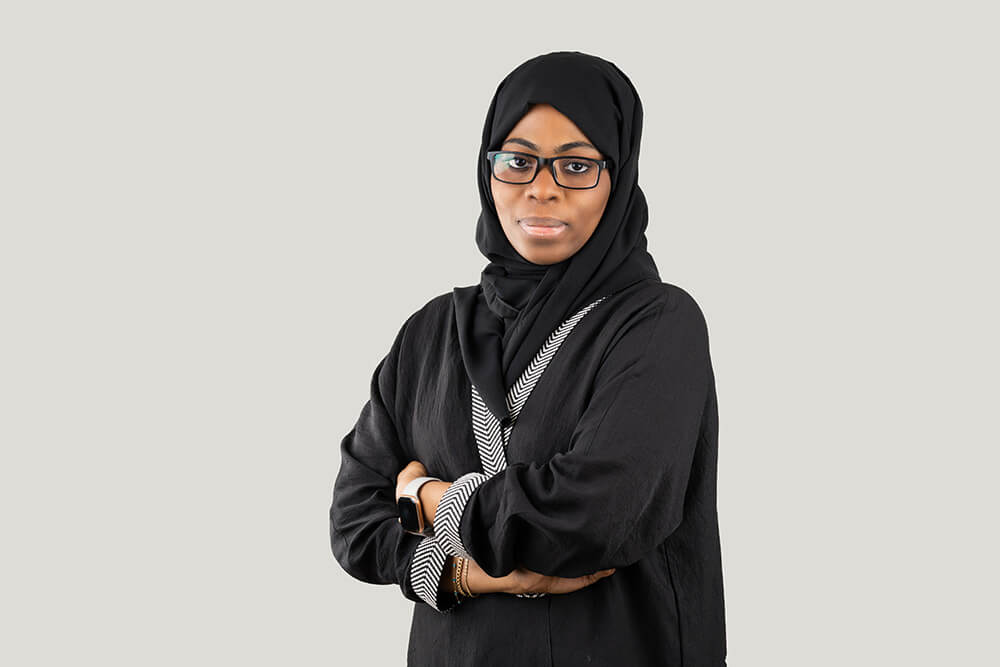By Haifa Ahmad, Customer Service and Retail Experience Director, AJEX Logistics Services
The logistics industry, once a male stronghold, is undergoing a transformative shift. The once glaring underrepresentation of women is now being actively addressed, with the emphasis on Diversity, Equity, and Inclusion (DEI) becoming more pronounced. The benefits of this shift are manifold: from fostering innovation to enhancing decision-making and customer satisfaction, the industry is witnessing the positive outcomes of a more inclusive approach.
The Gulf Cooperation Council (GCC) region stands out in its commitment to DEI. Companies are actively working towards achieving gender balance across the spectrum, from grassroots to leadership roles. This commitment is not just ethically driven but is also rooted in economic pragmatism. Governments in the region are keen to stimulate economic growth and innovation, aiming to position their industries on the global map.
Saudi Arabia, for instance, has set ambitious targets: integrating 30% of Saudi women into the workforce and creating a million job opportunities for them by 2030. While commendable progress has been made towards these goals, challenges persist. A survey across leading GCC companies revealed that 70% identified gender bias and stereotypes as significant barriers to women's advancement. Additionally, the lack of mentorship, training, and support for work-life balance further hinders women's ascent to leadership roles.
While national governments have been instrumental in driving gender equity, primarily through alignment with global targets like the United Nation’s Women’s Empowerment Principles, the onus is also on individual organizations. The question is: how can they prioritize the hiring, integration, and growth of women?
Steps to Encourage More Women in the Industry:
- Create a Culture of Inclusivity and Support: A culture where every voice matters can be transformative. At AJEX, we firmly believe that investing in our people translates to a vibrant workplace culture that champions innovation and collaboration. We encourage our team members, irrespective of their gender or nationality, to voice their ideas, ensuring an environment where everyone feels valued. Our primary goal is to empower our team to realize their potential, driving the success of the organization.
- Provide Education and Training Opportunities: Addressing the skills gap is crucial for women's advancement. AJEX has taken proactive steps in this direction by launching a career development program tailored for Saudi nationals. This program allows freshers to gain practical experience in customer service, with opportunities for promotions within a year. Currently, over 33 women are progressing through this four-year development journey, transitioning from officer roles to managerial positions.
- Introduce a Career Path for Young Graduates: Offering a clear career trajectory is essential to attract fresh talent. AJEX's collaboration with the Saudi Logistics Academy in the 'Join the Future' program exemplifies this. This initiative prepares graduates for the logistics sector, and our commitment to this cause is evident in our pledge to hire 150 participants, 39 of whom have already joined our ranks.
- Offer Mentorship Programs and Networking Opportunities: Mentorship, especially from female leaders, can be a game-changer for women starting their careers. A total of 34% of women surveyed in the GCC found this to be the biggest barrier to workplace advancement. Such role models can counter feelings of marginalization and provide much-needed recognition and support in the workplace.
- Support women in work-life balance: In a survey of parents with dependent children, 61% of women said they primarily handle day-to-day caregiving duties, compared to 44% of men. Thus, given the cultural importance of family in the GCC, promoting flexible work arrangements can be a significant draw for women. This includes options like part-time work, remote work, and flexible hours, though this can only occur with the support of leadership in providing childcare support and flexible workplace accommodations.
- Set goals and metrics: Having clear targets and tools for reporting vital metrics is critical when it comes to achieving organizational objectives, whatever those objectives may be. This is the same in the case of gender equity. From measuring recruitment targets to equal opportunities, leadership representation and so forth, having the right measurement tools in place is key to tracking progress over time to ensure your organization is on the right track.
In Conclusion:
The journey towards gender diversity in the logistics industry is ongoing, but with concerted efforts from both governments and organizations, the future looks promising. Companies across the regional are increasingly showcasing that with commitment, actionable steps, and a genuine belief in the value of diversity, the industry can not only break barriers but also set new standards. As we move forward, it's essential to remember that fostering gender diversity is not just about numbers; it's about creating a richer, more inclusive, and innovative industry for everyone.

Logistics: Empowering Saudi Arabia's World Expo 2030 Success
11 Mar 2024
Shaping the Future: The Women Steering Change in Saudi Arabia's Logistics
08 Mar 2024
Digital Dawn: Saudi Arabia's Payment Revolution and Its Impact on E-commerce
24 Jan 2024
© AJEX 2026. All rights reserved